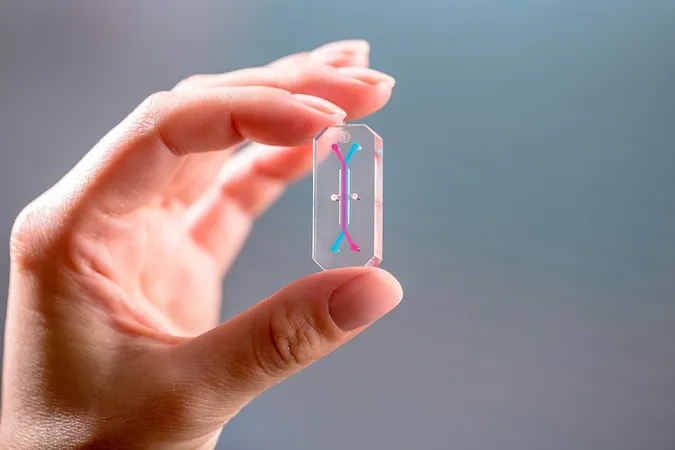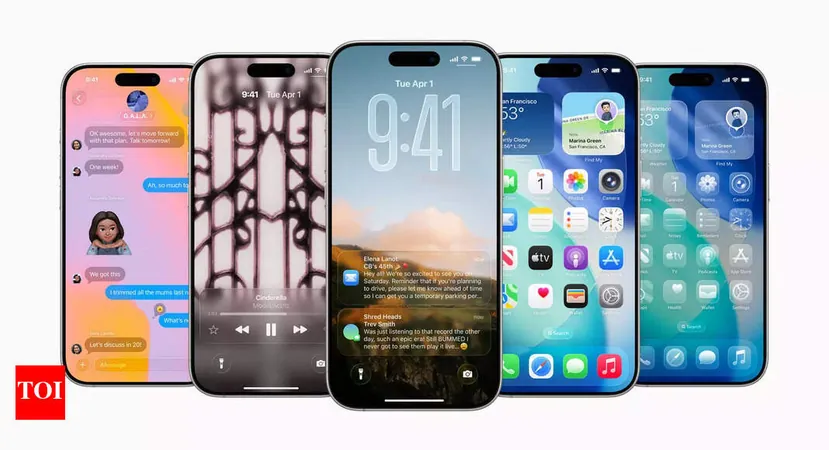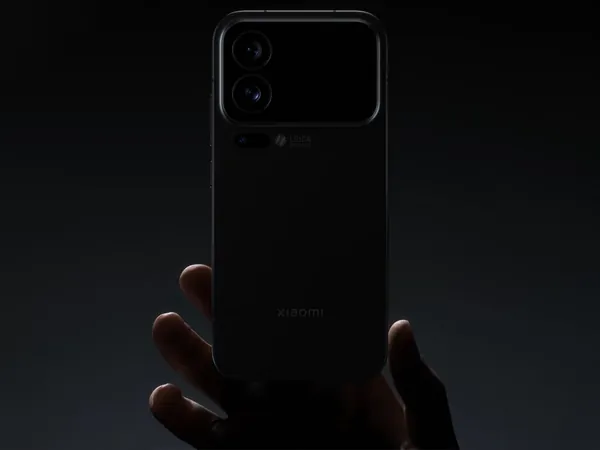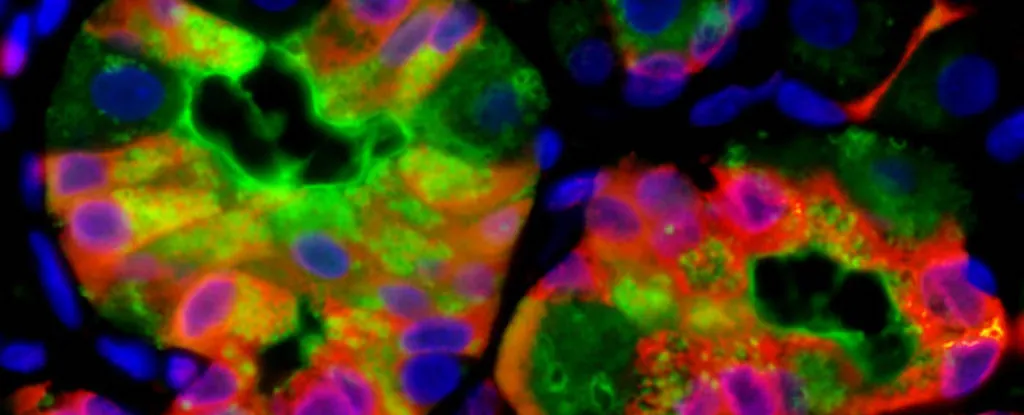
NASA's Groundbreaking AVATAR Experiment: Revolutionizing Astronaut Health for Artemis II
2025-09-15
Author: Sophie
Exploring New Frontiers in Astronaut Health
NASA is set to unveil a game-changing experiment as part of the Artemis II mission, aiming to elevate personalized medicine to unprecedented heights. This initiative, called AVATAR (A Virtual Astronaut Tissue Analog Response), will gather crucial scientific data to ensure a safer return to the Moon and future missions to Mars.
Unleashing the Power of Organ Chips
The AVATAR project will utilize cutting-edge organ-on-a-chip technology to investigate how deep space radiation and microgravity affect human health. These remarkable organ chips, containing cells from the Artemis II astronauts, will travel alongside the crew on their approximately 10-day journey around the Moon. This pioneering research aims to deliver vital insights for protecting astronauts as humanity expands its reach beyond Earth.
Revolutionizing Space Medicine
Nicky Fox, associate administrator of NASA’s Science Mission Directorate, emphasized the revolutionary potential of AVATAR. "This tissue chip experiment will fundamentally change how we approach science, medicine, and human multi-planetary exploration," she stated. By examining how the human body reacts to the harsh conditions of deep space, NASA will ensure astronauts receive tailored medical supplies for their unique needs.
A Collaborative Effort
AVATAR is a collaborative venture involving NASA, government agencies, and industry partners. By tapping into commercial expertise, researchers hope to unlock deeper understandings of human biology that can benefit both astronauts and patients on Earth.
Understanding Human Response Through Miniaturization
Organ chips, often referred to as tissue chips, are roughly the size of a USB drive. They are designed to simulate how human organs respond to various stressors, including radiation exposure and medical treatments. These tiny models can even replicate the functions of vital organs, such as the heart, lungs, and liver, offering a detailed view of how the human body reacts under different conditions.
Focusing on Bone Marrow's Sensitivity
For Artemis II, the organ chips will be crafted from stem and progenitor cells taken from the astronauts’ bone marrow. Bone marrow is exceptionally sensitive to radiation and crucial for the immune system, making it a key area of study for human spaceflight.
Innovative Research on Bone Health
Previous studies have revealed that microgravity can distort bone marrow cell development, indicating the heightened risks astronauts face during long-duration missions. By understanding how radiation and microgravity affect these cells, researchers hope to enhance safety protocols for space travel.
Unique Health Needs of Astronauts
Lisa Carnell, director of NASA’s Biological and Physical Sciences division, highlighted the importance of this research as missions venture further into space. With limited access to healthcare during long missions, it’s essential to comprehend the unique health needs of each astronaut.
A Cutting-Edge Payload for Critical Data
During the Artemis II mission, the organ chips will be housed in a custom payload developed by Space Tango, featuring automated environmental controls to maintain optimal conditions for the chips throughout the flight. Upon the mission's return, detailed analyses will provide unprecedented insights into the effects of spaceflight on blood cell development.
The Future of Space Exploration and Healthcare
As NASA continues to explore the cosmos, the AVATAR experiment stands to not only enhance astronaut health but also drive innovations in personalized healthcare on Earth. This bold step marks a significant leap toward securing the health and safety of future explorers as they venture into the depths of space.









 Brasil (PT)
Brasil (PT)
 Canada (EN)
Canada (EN)
 Chile (ES)
Chile (ES)
 Česko (CS)
Česko (CS)
 대한민국 (KO)
대한민국 (KO)
 España (ES)
España (ES)
 France (FR)
France (FR)
 Hong Kong (EN)
Hong Kong (EN)
 Italia (IT)
Italia (IT)
 日本 (JA)
日本 (JA)
 Magyarország (HU)
Magyarország (HU)
 Norge (NO)
Norge (NO)
 Polska (PL)
Polska (PL)
 Schweiz (DE)
Schweiz (DE)
 Singapore (EN)
Singapore (EN)
 Sverige (SV)
Sverige (SV)
 Suomi (FI)
Suomi (FI)
 Türkiye (TR)
Türkiye (TR)
 الإمارات العربية المتحدة (AR)
الإمارات العربية المتحدة (AR)